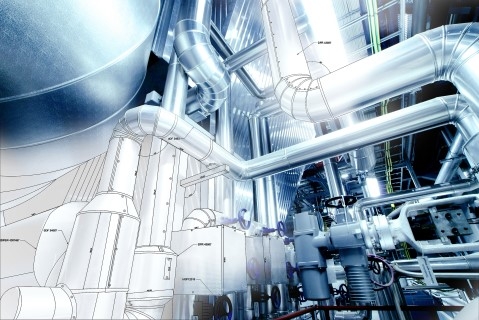
Should ASEAN utilities turn to blockchain?
The technology poses a great potential in driving down costs.
When the word blockchain is mentioned, thoughts of Bitcoin cryptocurrency naturally arise, but not for energy experts in Southeast Asia who have started to view the technology as an answer to the region’s escalating energy challenges.
The ten-member Association of Southeast Asian Nations, or ASEAN region, faces an “energy conundrum,” said Beni Suryadi, manager, policy research & analytics at ACE, with hundreds of millions in the block living without grid-quality electricity.
Energy demand in ASEAN is continuously rising given its fast-growing populations and rapidly expanding industrial development. Suryadi expects the bloc’s energy demand to rise almost 4% for the next two decades, higher than the 1% global average. The ASEAN energy mix is also predominantly made up of fossil fuels, complicating the path towards the goals governments have set to pursue cleaner energy options and meeting global climate agreements.
Given ASEAN’s unique energy profile, energy digitalisation has emerged in the radar of experts as a source for novel solutions. Blockchain in particular checks most of the boxes in Malaysia’s search for a solution fitting its future energy roadmap, said Dr. Wei-nee Chen, chief corporate officer at SEDA Malaysia, the government agency which spearheads the country’s energy transition by implementing net metering schemes and other energy efficiency programs.
Decentralisation and digitalisation
Chen said Malaysia’s vision of the future of energy can be summed up in 6D’s, namely decentralised, distributed, decarbonised, democratised, deregulated, and digitised. Of these, blockchain technology adopts five, only missing the decarbonisation component.
One of the most popular uses of blockchain in the energy sector is in powering a peer-to-peer energy market, according to Chen. It is also used in managing localised demand response in a more cost effective manner. Finally, blockchain enables the sale of electricity through location-based pricing, which could result in driving down customer electricity costs as they can purchase directly from the supplier and avoid heavy grid costs.
Chen acknowledged that the use of blockchain technology anywhere around the world is still in the infancy stage, but she noted that at the end of 2017, Malaysian Prime Minister Najib Razak announced the formation of a national regulatory sandbox, which allows innovative technologies to be tested in a live environment without the regulatory constraints. The sandbox was set for a trial period of nine months after which the sandbox participants will propose regulatory changes so their innovations can run in live environments.
SEDA has submitted an application to allow the agency to test a peer-to-peer energy platform, to allow solar producers to sell their excess electricity to consumers even at a lower rate than what the distribution system operator is willing to buy. “So all these exercises are meant to promote the solar PV market domestically by hopefully designing a business model that makes the investment in the PV systems more commercially viable,” said Chen.


















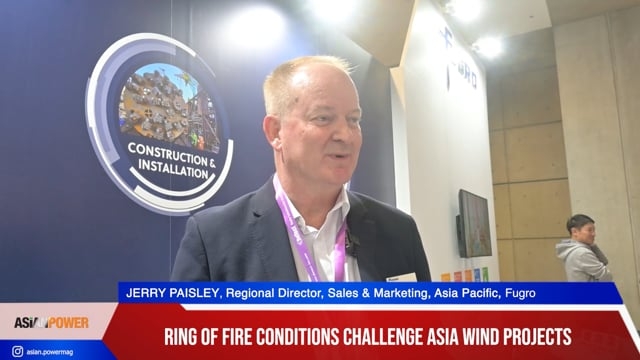
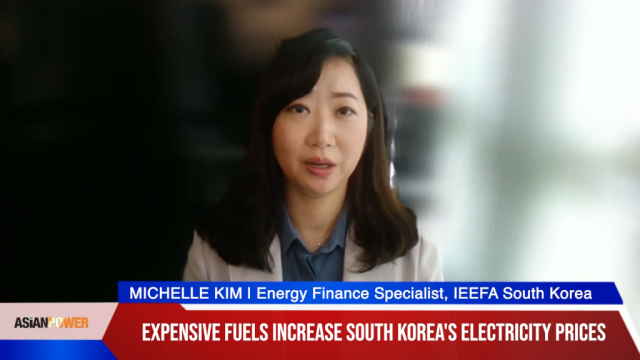
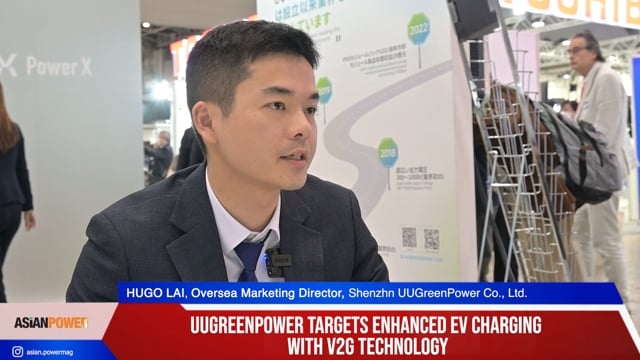
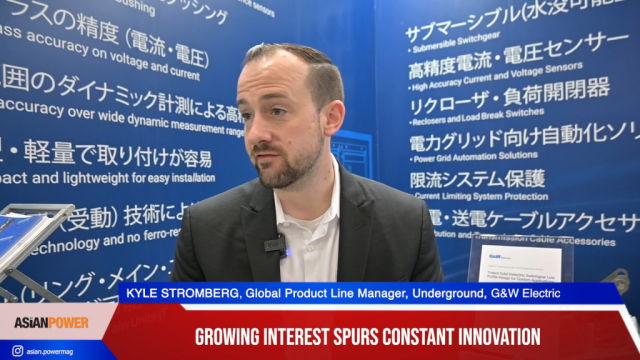

 Advertise
Advertise







